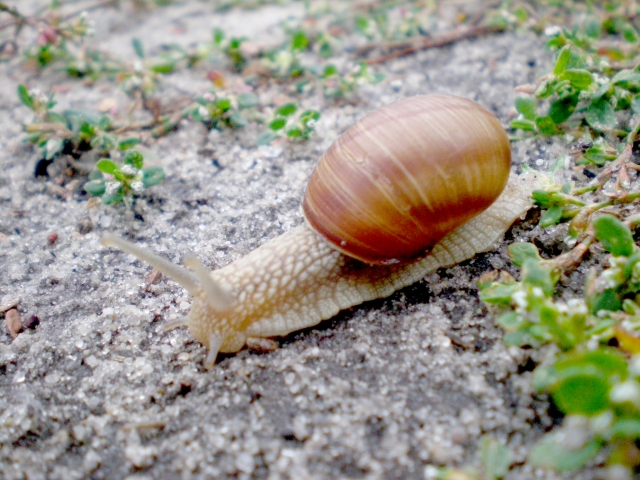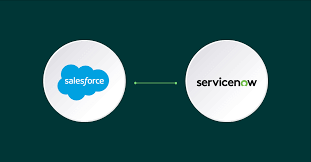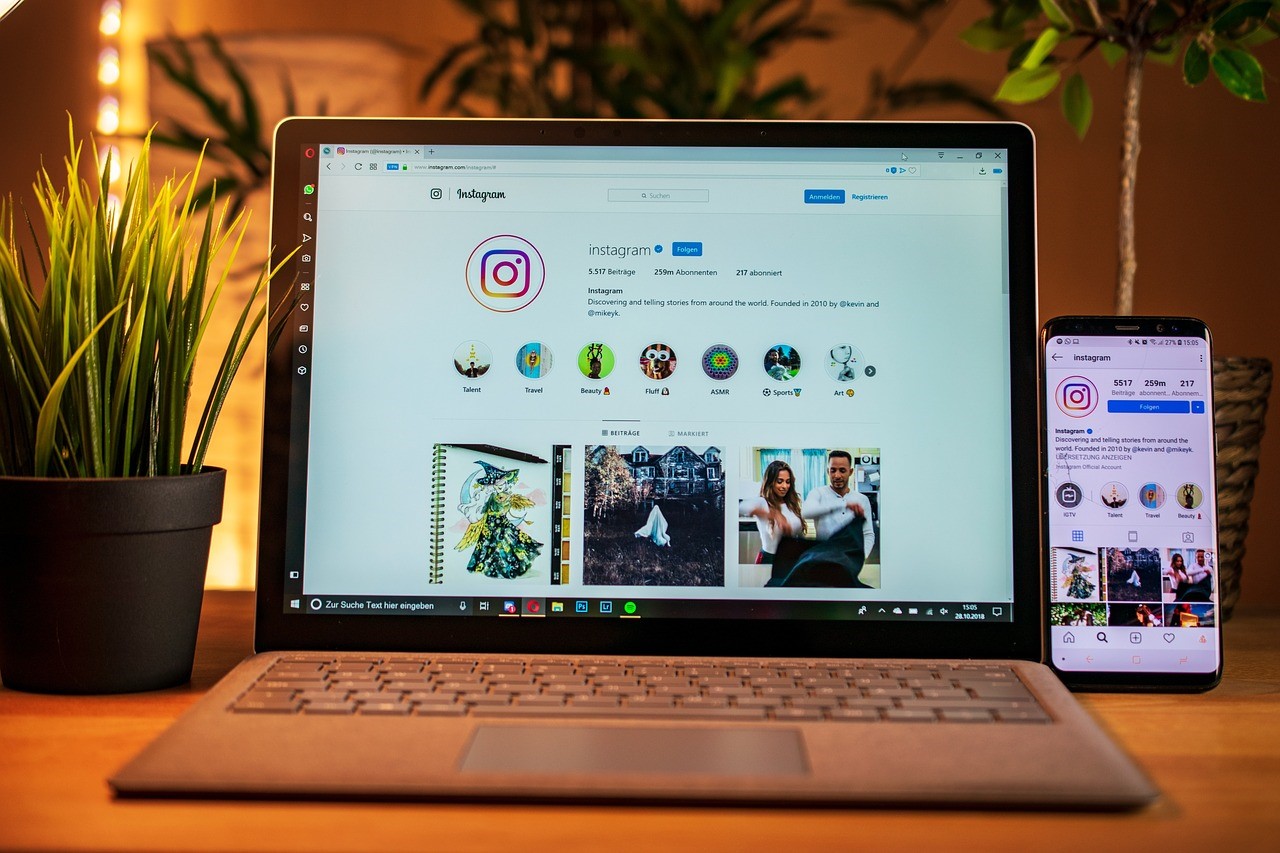It’s a common sight to say the least; a computer user gradually tearing out what hair he or she has left and shouting expletives at the screen in front of them. Why? Well, in most cases it’s nothing more complicated than the PC or laptop they’re using in some way holding them up by trundling along at a speed more familiar to home computer users of the early 80s.
Roughly translated, they’re getting nowhere fast and the PC is to blame, or so logic would seem to dictate.
In reality though, has the user not had his or her merry way with the machine for so long, it would still be running good as new…because it would indeed be new. Contrary to the beliefs of so many, it’s what we ourselves do with our computers that determine their performance further down the line. Surprisingly, PCs and laptops don’t wake up one and think “Gee, I think I’ll be a pain in the proverbial!” today, but only run in accordance with what we feed them.
This is something the team at Geeks Mobile USA likes to promote awareness of, as if folk really knew the root-causes of their PC problems and laptop laments, the process of correcting them would be so much easier.
And in order to spread the word as far and wide as possible, the top-brass at Geeks Mobile USA offers the following tips free of charge – all of which are the most common reasons of for computers heading down a rather disobedient path:
It’s Fit to Burst
First and foremost, it’s often easy to forget…or ignore altogether…that the less space your hard drive has to work with, the slower it will run. It doesn’t matter if you’re running a 2-terrabyte drive you ought last week or a 320GB drive that’s been in the thing for years, the principle remains the same. If you operate as bursting point you will notice a marked reduction in performance – the same being true for better performance at the opposite end of the scale.
Not that you need to go to extremes and wipe everything you hold dear, but it’s never a bad idea to invest in some external storage media and make sure you’ve at least got a good 30% free at all times if performance counts.
It’s Cluttered with Crap
And don’t forget that it’s not only the amount of space you’ve occupied on your hard drive, but the nature, type and quantity of the files too. It should be pretty obvious that say 10 files at 2GB each wouldn’t make the drive quite as chaotic as several hundred thousand smaller files that add up to the same 20GB total. These smaller files end up scattered all over the place and give your drive’s reader a needle-in-the-haystack job every time it has to retrieve something. So the answer is to defragment and downsize…simple stuff for a big difference!
It’s Infected with Nasties
You might think those tiny little files that flood in from the internet aren’t of any real harm, but think again. When it comes to malware, spyware and any number of viruses, it’s common for a good 50% to 75% of system resources to be swallowed up by whatever the hell these little blighters are doing behind the scenes – all of which will never be for the good of you or your computer. Scrub your whole system clean with some good malware and spyware software and the difference can be both instant and massive.
It’s A Relic
And finally, don’t forget that over the last few years you’ll have been constantly upgrading your software to more and more advanced versions, though chances are you’ll not have lavished your CPU, RAM, hard drive and graphics chip with the same treatment. As such, it could always be a case of the supercomputer you bought a few years ago just not being on-par with today’s standards – a bitter pill to swallow, but sometimes a necessary one.
Featured images:
Image source: MyBlogGuest platform
Author Bio
Ilya Elbert has been in the IT industry for more than 10 years. He currently works for AllIT, a full service I.T. solutions company that caters to the entire continental United States as the nationwide account executive. Follow him on Twitter to receive the latest news and updates on Information Technology.





